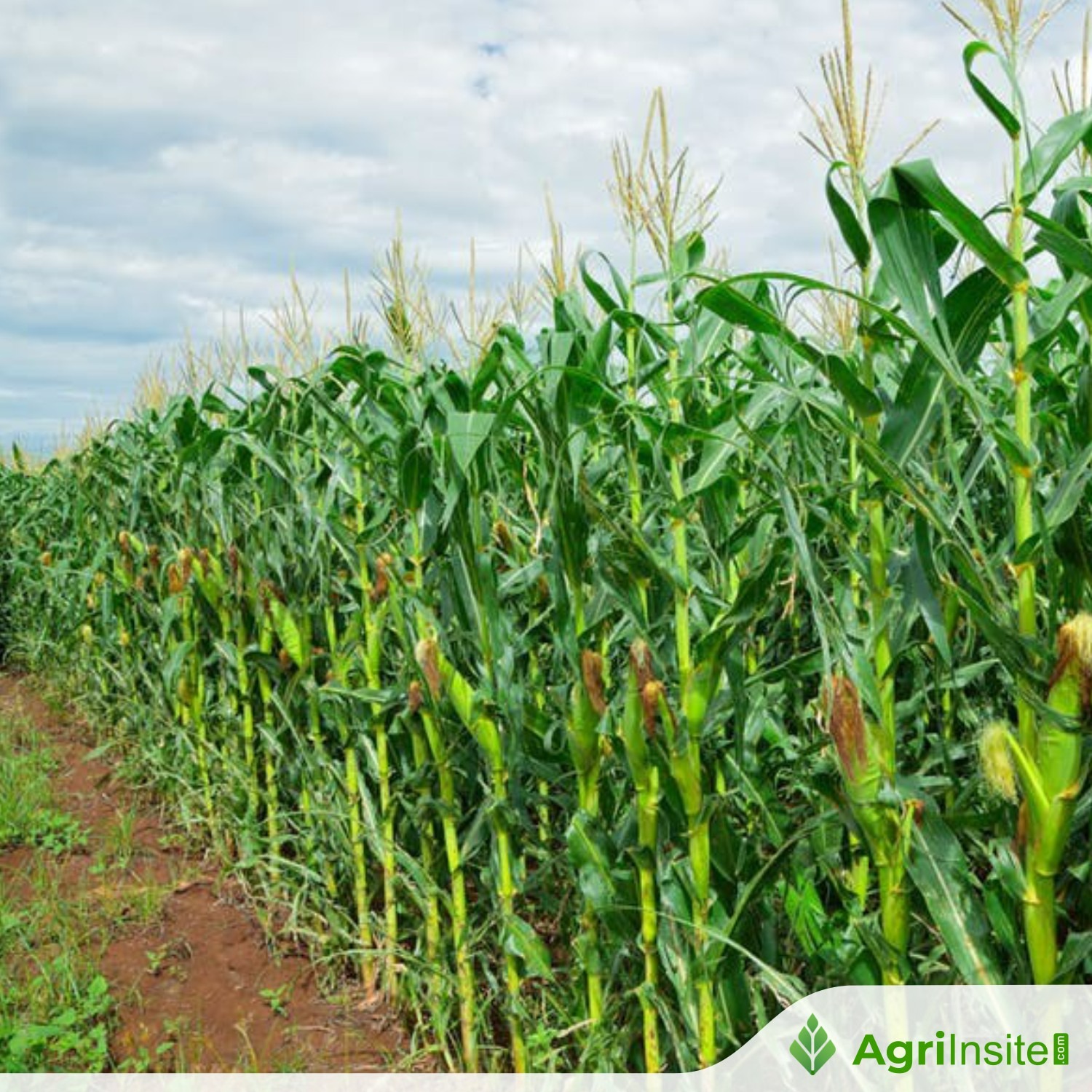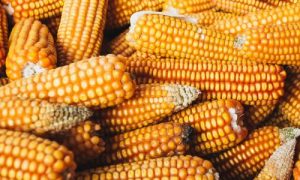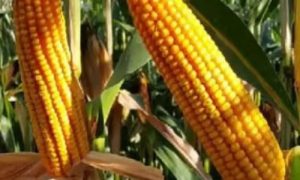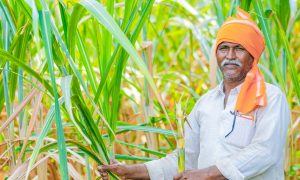Kenya : Climate change could lead to drop in maize production

Trans Nzoia County, a key maize producer in Kenya, faces severe climate change challenges, including drought, floods, and pest outbreaks, which threaten food security and agricultural productivity. Deputy Governor Phillomena Kapkory highlighted the county’s initiatives to mitigate these effects, such as the “One Million Trees” initiative aimed at combating deforestation.
Trans Nzoia county faces a possible drop in the production of maize and other crops due to severe effects of climate change.
The county produces more than 40 per cent of the country’s maize, but Deputy Governor Phillomena Kapkory says challenges posed by climate change have threatened its status as a key player in the agriculture sector.
Increased instances of drought, flooding and the emergence of pests and diseases disrupted both agricultural productivity and local livelihoods.
These occurrences will negatively impact food security.
“We are experiencing an increased frequency of prolonged dry spells, floods and other extreme climate occurrences over the last few years and this is evidently affecting food production for which our county is known, as the breadbasket of the country,” Kapkory said.
She outlined environmental challenges including deforestation, poor agricultural practices, and over-extraction of natural resources.
These issues, she said, are contributing to the degradation of ecosystems and adversely affecting the health and economic well-being of residents.
The deputy governor, who addressed farmers in Kitale, added that to mitigate the effects of climate change, the county has launched initiatives to help farmers and residents cope.
Governor George Natembeya was fully committed to help farmers sustain and increase high food production.
“Our administration has put in place climate change mitigation measures that will help safeguard our environment for future generations,” she said.
One of the projects is the “One Million Trees” initiative, aimed at planting one million trees annually to combat deforestation and restore ecological balance.
Kapkory also discussed the impact of emerging agricultural pests and diseases, such as the Fall Armyworm and Maize Lethal Necrosis Disease, which have affected crop production.
She said livestock diseases like Foot and Mouth Disease and Lumpy Skin Disease have also been a persistent challenge for farmers.
“These issues have led to the overuse and misuse of agricultural chemicals, with potentially harmful health effects,” she warned.
The county government is working to address these challenges by educating farmers on the safe use of chemicals and adopting integrated pest management techniques.
This year’s agricultural show in Kitale last week was one of the forums used to train farmers on adapting to the changing climatic conditions through modern methods like smart farming.
The theme of the show was “Promoting Climate-Smart Agriculture and Trade Initiatives for Sustainable Economic Growth”.
The deputy governor noted that Trans Nzoia played a significant role in Kenya’s agricultural landscape and there was need to ensure farmers change with the times to enhance productivity.
“We are proud to be the highest maize producer in the country, contributing about 40 per cent of the national production and we have to ensure that our farmers sustain the same so that our country remains food secure always.”
Source Link : https://www.the-star.co.ke/rift-valley/2024-10-17-climate-change-could-lead-to-drop-in-maize-production
















